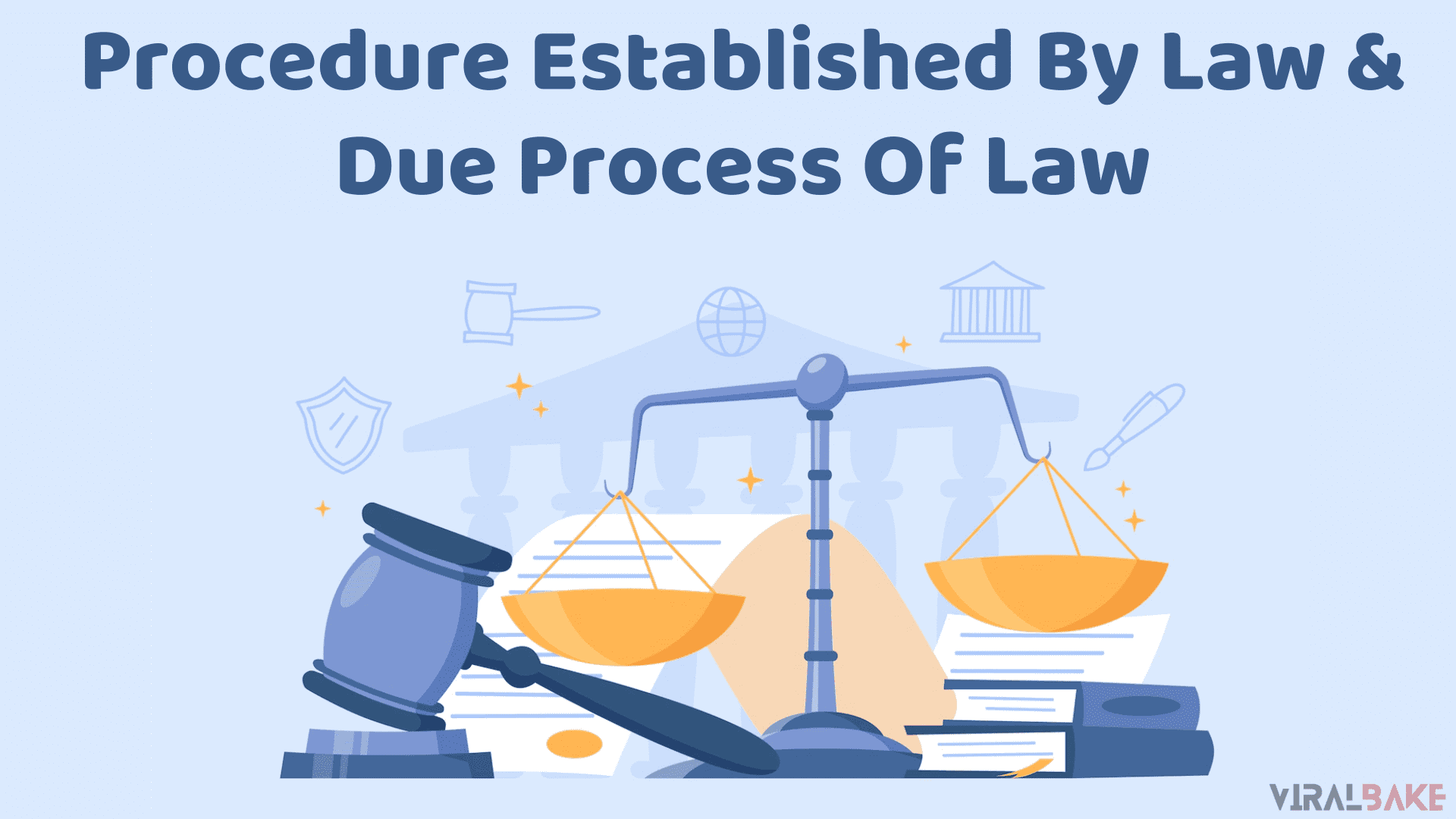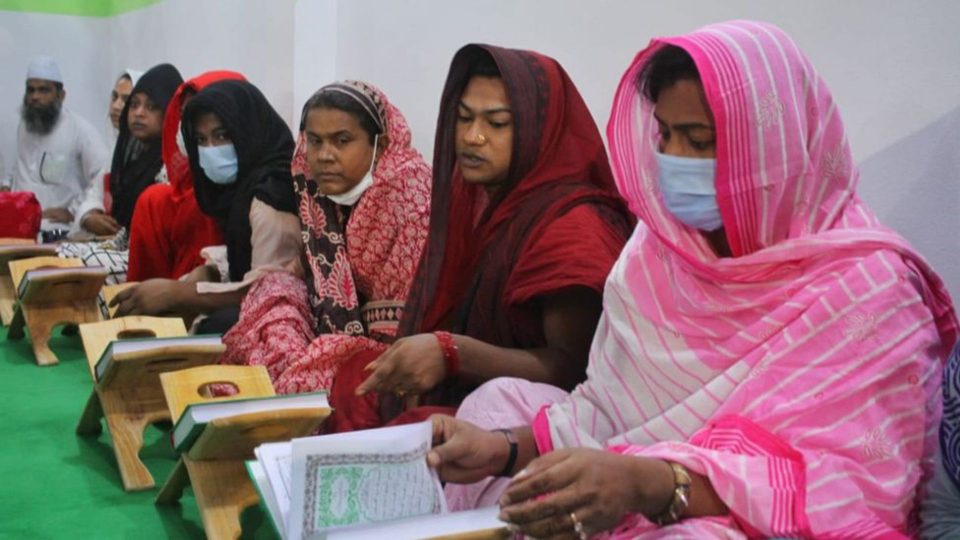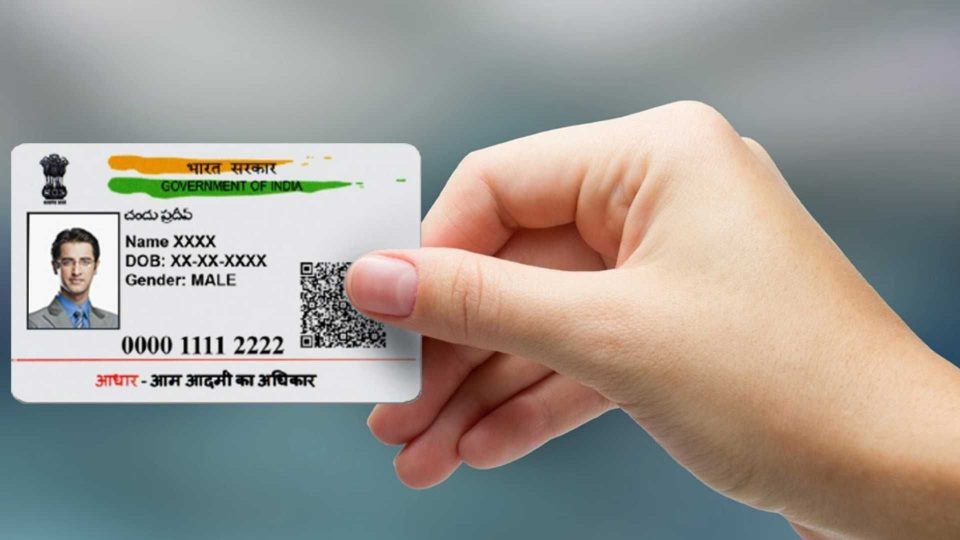The legal field is very vast where you have to deal with the multiple law fundamentals. So, to enlighten your mind, we have brought one guide on the procedure established by law and due process of law differences. The difference between procedure established by law and due process of law will not be a challenging part to learn and this guide will highlight you on the same.
There is one more concept where the difference-between-de-facto-and-de-jure is also essential to learn in becoming a law professional. Coming back to our main title of the blog, here is the guide that will educate you. Keep reading and gain valuable information.
Key Differences between the Procedure Established By Law and Due Process of Law
Procedure Established By Law: In simple words
The procedure established by law means that a law which is enacted by the legislative or a concerned body is valid if only till the procedure of law is correctly followed. Personal liability and an individual’s life must be according to laws and all procedures. According to the Indian Constitution’s Article 21 stating that, personal liberty of any Indian citizen cannot be deprived, and law procedures or provisions only have the power to seize an individual’s liberty.
The Due Process Of Law: In simple words
The due process of law means that all legal issues should be resolved according to all rules and regulations and all citizens of India should get a fair treatment. In both, civil and criminal cases this due process of law is applicable. All in all, the law checks or the court’s verdict should be fair and according to our Indian constitution.
However, the Supreme Court of India found that the final sentence of the lower court was not fair, they have the total right to intervene and give the fair treatment. The apex court ensures that Indian citizens should get their Fundamental Rights of Indian citizens. Every citizen owes respect and legal rights to live in the country.
The Judicial system of our nation evaluates whether the legislature or the constitutional body provided laws are easily followed or not on Indian citizens.
Also Read
Members Of The EPFO And ESIC Will Get These Benefits, Know The Details
A strong law with too much inflexibility will lead to seizure of personal liberty. So, the court or legal body will evaluate whether laws and all procedures are followed seriously or not.
The Supreme Court of India has the power to declare if there are any violations of fundamental rights happening. It is the legal requirement of an individual and the court must provide all legal rights that a person owes.
The Supreme Court of India determines whether the power provided to an individual is misused or not under the procedure established by law.
The law system in our India is vast and there should be a proper evaluation done by our judicial system so that the correct person is getting the right treatment. For our society’s welfare you need to have a proper legal system. Thus, the procedure established by law and due process of law is a must to learn. In our Indian Constitution of Article 21, every Indian citizen has the right to liberty and he or she must follow all rules and regulations. Legal rules are a must for us to follow for a prosperous society.




